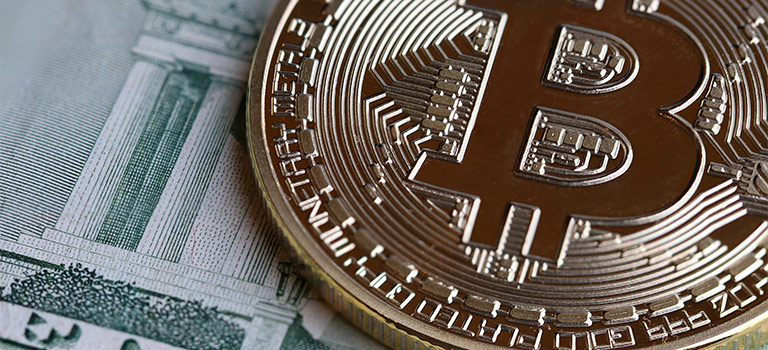PALO ALTO, Calif. (Reuters) - The Federal Reserve is looking at a broad variety of problems around digital payments and currencies, including policy, design and legal considerations around potentially providing its own digital currency, Governor Lael Brainard said on Wednesday. Brainard's remarks recommend more openness to the possibility of a Fed-issued digital coin than in the past." By changing payments, digitalization has the prospective to provide greater value and convenience at lower cost," Brainard said at a conference on payments at the Stanford Graduate School of Company.
Reserve banks globally are disputing how to handle digital finance innovation and the distributed ledger systems utilized by bitcoin, which promises near-instantaneous payment at possibly low expense. The Fed is establishing its own day-and-night real-time payments and settlement service and is presently reviewing 200 comment letters submitted late in 2015 about the proposed service's design and scope, Brainard stated.
Less than 2 years ago Brainard told a conference in San Francisco that there is "no compelling demonstrated requirement" for such a coin. But that was prior to the scope of Facebook's digital currency ambitions were widely understood. Fed authorities, consisting of Brainard, have raised concerns about consumer securities and data and privacy hazards that could be presented by a currency that could come into use by the 3rd of the world's population that have Facebook accounts.
" We are teaming up with other central banks as we advance our understanding of reserve bank digital currencies," she said. With more countries looking into releasing their own digital currencies, Brainard said, that adds to "a set of factors to also be making certain that we are that frontier of both research study and policy development." In the United States, Brainard stated, concerns that need study include whether a digital currency would make the payments system much safer or easier, and whether it might position monetary stability risks, consisting of the possibility of bank runs if cash can be turned "with a single swipe" into the main bank's digital currency.
To counter the financial damage from America's extraordinary nationwide lockdown, the Federal Reserve has actually taken unmatched steps, including flooding the economy with dollars and investing straight in the economy. Many of these moves received grudging approval even from lots of Fed skeptics, as they saw this stimulus as needed and something only the Fed might do.

My brand-new CEI report, "Government-Run Payment Systems Are Unsafe at Any Speed: The Case Against Fedcoin and FedNow," information the risks of the Fed's present strategies for its FedNow real-time payment system, and proposals for central bank-issued cryptocurrency that have been called Fedcoin or the "digital dollar." In my report, I go over concerns about privacy, data security, currency adjustment, and crowding out https://s3.us-west-2.amazonaws.com/brownstoneresearch4/index.html private-sector competition and innovation.
Supporters of FedNow and Fedcoin state the federal government should create a system for payments to deposit quickly, instead of motivate such systems in the economic sector by raising regulatory barriers. However as noted in the paper, the private sector is offering an apparently limitless supply of payment technologies and digital currencies to resolve the problemto the level it is a problemof the time gap between when a payment is sent out and when it is received in a savings account.
And the examples of private-sector development in this area are lots of. The Cleaning House, a bank-held cooperative that has been routing interbank payments in numerous forms for more than 150 years, has actually been clearing real-time payments considering that 2017. By the end of 2018 it was covering half of the deposit base in the U.S.